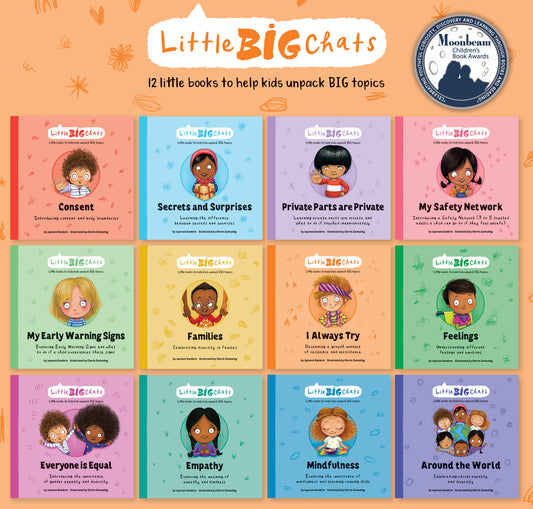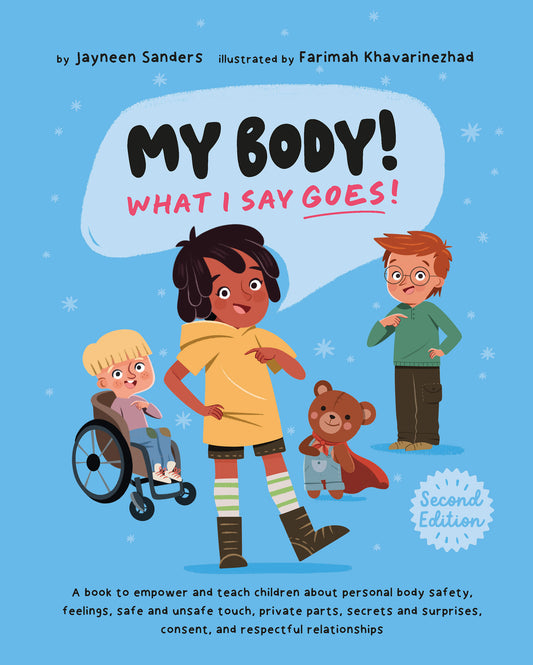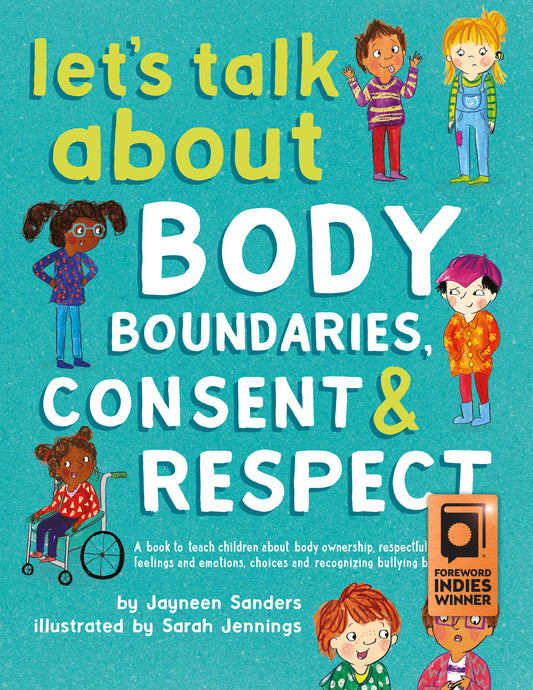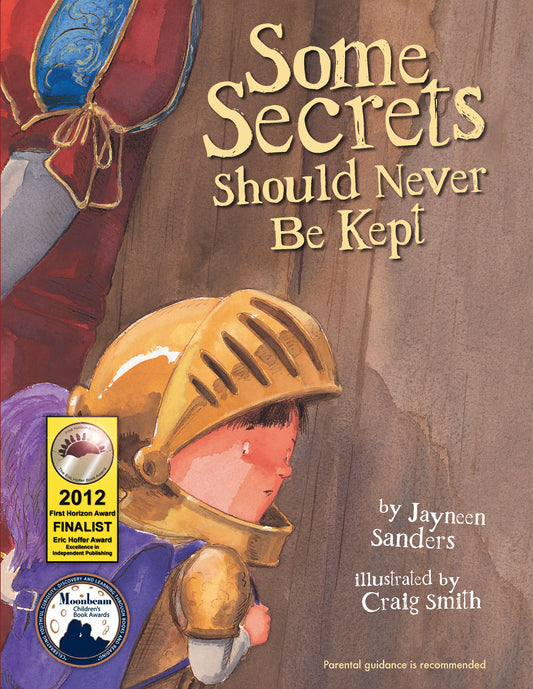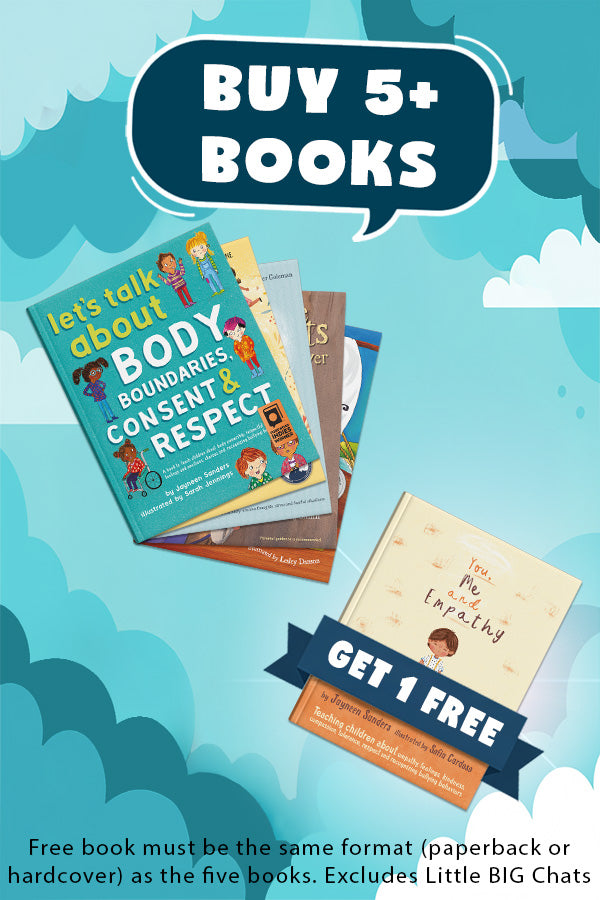Normal sexual behavior
Children have a natural curiosity about their bodies and sex. This is normal. If you see any of the following behaviors, try not to react in a negative way. Sexual curiosity is how children learn about their gender. Age appropriate sexual behavior can be as follows:
• babies, toddlers and young children exploring their genitals and enjoying being naked
• questions about why boy’s have a penis and girls don’t, i.e. trying to work out the difference between what it is to be male and what it is to be female
• young children of a similar age showing each other their genitals (particularly children under 7, close in age and who know each other ) in mutual agreement, i.e. no-one is being forced to show each other their body parts
• playing doctors and nurses and/or mothers and fathers; kissing and/or holding hands with children of a similar age
• using slang words or ‘rude’ words they have picked up
• as they get older, curious about where they came from; may be giggly and embarrassed about ‘body parts’ discussion
Some general signs that a child (0 to 12 years) may be being sexually abused
Note: one or more of these indicators does not mean your child is being sexually abused, but if they do show some of these indicators, then there is good reason to investigate further.
• overly interested in theirs or other’s genitals
• continually wants to touch private parts of other children
• instigating and/or forcing ‘sex play’ with another child (often younger, more than 3 years age difference)
• sex play that is not appropriate, i.e. oral genital contact between a 7 year old and a 4 year old
• sex play with another child happening more than once, despite careful monitoring and discussion about inappropriateness
• persistent masturbation that does not cease when told to stop
• sexualized play with dolls or toys
• sexualized play involving forced penetration of objects vaginally or anally
• chronic peeping, exposing and obscenities
• touching or rubbing against the genitals of adults they do not know
• persistent use of ‘dirty’ words
• describing sexual acts and sexualized behavior beyond their years
• strong body odor
• sores around the mouth
• bruising or bleeding in the genital area; bruising to breasts, buttocks, lower abdomen or thighs
• withdrawn and anxious behavior
• secretive or say they have a ‘special’ secret that they must not tell
• child or child’s friend telling you about interference directly or indirectly
• going to bed fully clothed
• increase in nightmares and sleep disturbances
• regressive behavior, e.g. a return to bed-wetting or soiling
• unexplained accumulation of money and gifts
In older children (adolescents)
• self-destructive behavior such as drug dependency, suicide attempts, self-mutilation
• eating disorders
• adolescent pregnancy
• persistent running away from home
• withdrawn, angry
• pornography interest; verbally sexually aggressive obscenities
For further information see:
• SECASA resources on age appropriate sexual behaviour at http://www.secasa.com.au
• ‘Is this Normal?’ published by Family Planning Queensland: http://www.fpq.com.au
• ‘Caring for Kids’ http://www.nctsn.org/trauma-types/sexual-abuse

